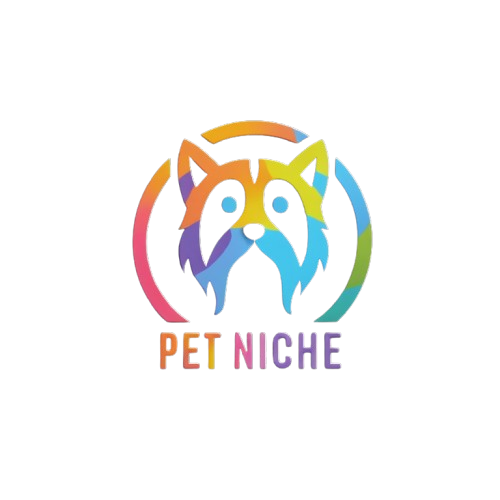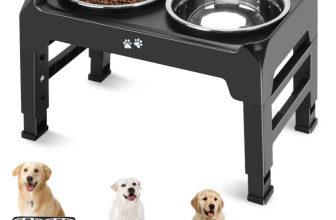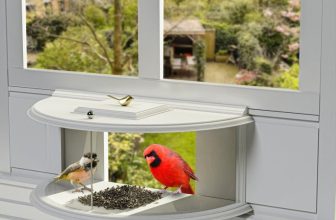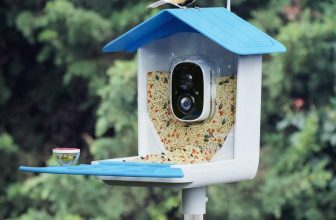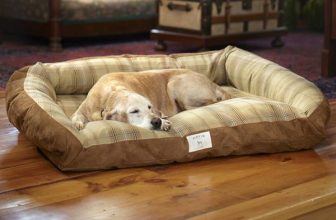Dog Teeth Cleaning: Tips for a Healthy Canine Smile
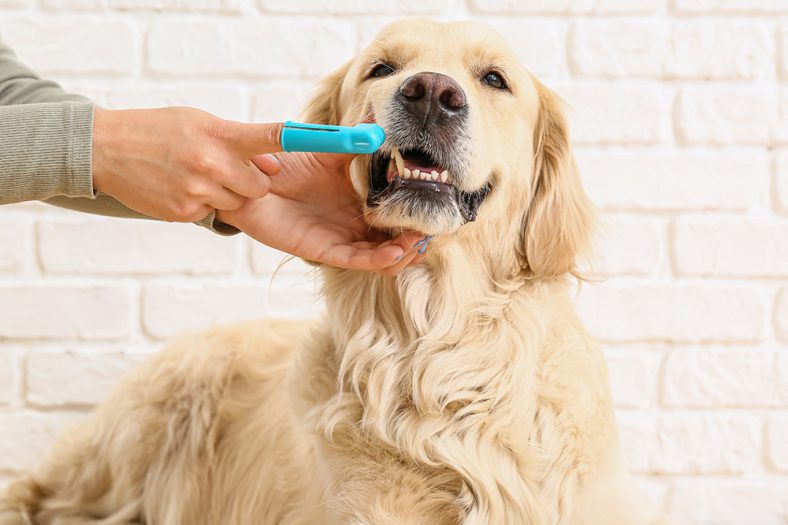
Your dog’s smile is more than just adorable; it’s a sign of their overall health. But did you know that dental hygiene is often overlooked in pet care?
Just like you, your furry friend needs regular teeth cleaning to prevent serious health issues. Bad breath, gum disease, and even heart problems can stem from poor oral care. Don’t let your dog suffer in silence! You’ll discover simple and effective ways to keep your dog’s teeth clean and healthy.
You’ll also learn why this is crucial for their well-being and how you can make dental care a fun routine. Get ready to take charge of your pet’s dental health and ensure those tail wags continue for years to come!
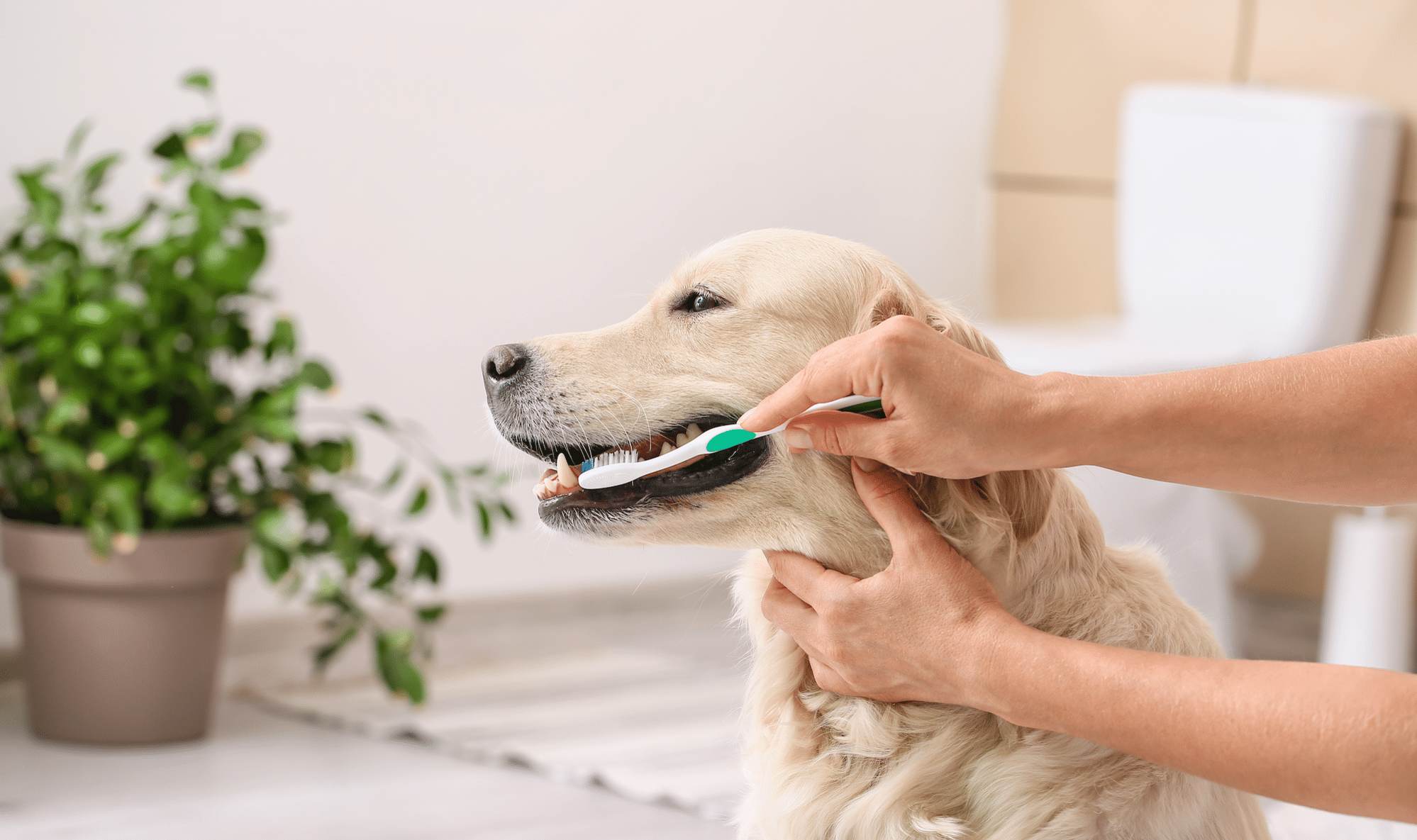
Importance Of Dental Care For Dogs
Taking care of a dog’s teeth is very important. Dental care helps keep their mouth healthy. Many dogs have tooth problems as they get older. Regular cleaning can stop bad breath. It also helps prevent gum disease.
Healthy teeth mean a happy dog. It can eat well and play more. A vet can check your dog’s teeth. They can suggest ways to clean them. Brushing at home is also helpful. Use dog-friendly toothpaste for safety.
| Dental Care Tips | Benefits |
|---|---|
| Brush teeth regularly | Reduces plaque and tartar |
| Provide dental treats | Keeps teeth clean while chewing |
| Schedule vet check-ups | Find problems early |
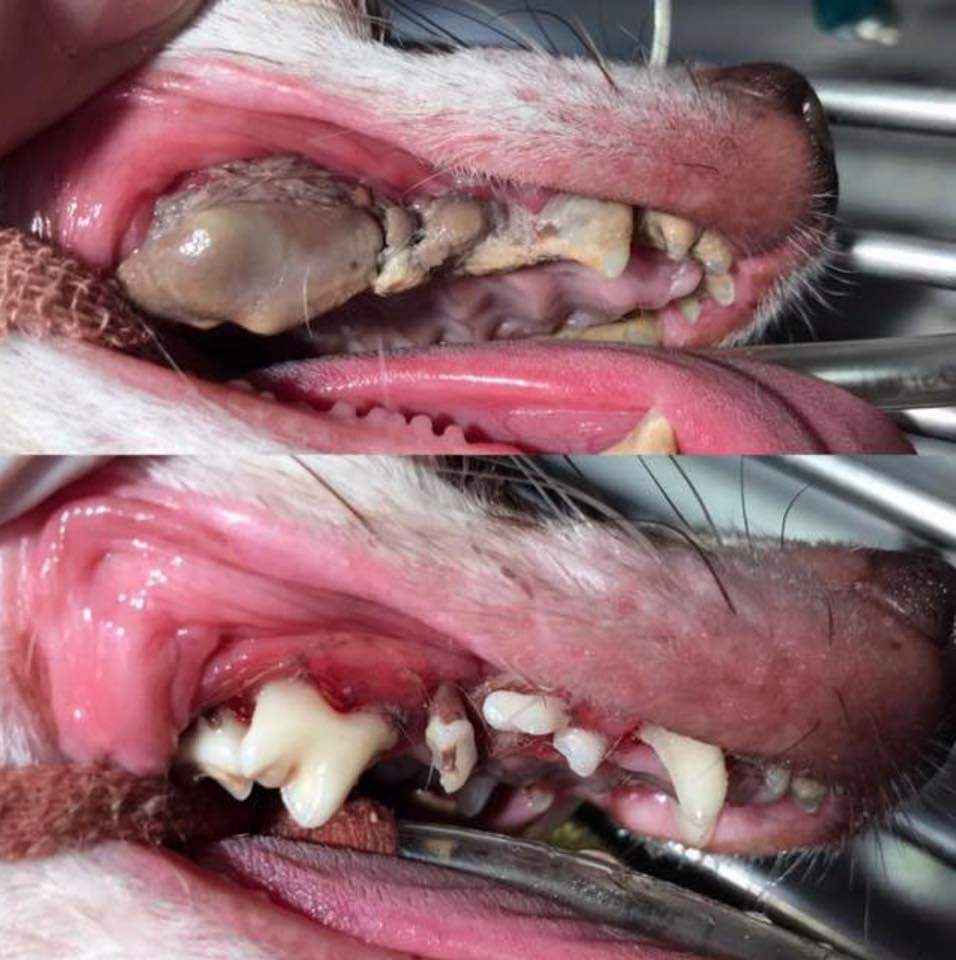
Signs Of Dental Problems
Bad breath often signals dental issues. It can mean your dog has plaque or tartar buildup. Regular cleaning helps avoid this problem.
Discolored teeth can indicate decay or other issues. Healthy teeth are white. If teeth are yellow or brown, check with a vet.
Swollen gums are a sign of gum disease. Healthy gums should be pink and firm. Swelling can cause pain and other problems.
Difficulty eating may mean dental pain. Watch your dog struggle with food. This could be due to broken teeth or sore gums.
Daily Dental Hygiene Practices
Brushing your dog’s teeth is very important. Use a soft brush. Brush at least two times a week. This helps keep their teeth clean and healthy.
Choosing the right toothpaste is key. Always use toothpaste made for dogs. Human toothpaste can harm them. Look for flavors your dog likes.
Using dog-friendly toothbrushes makes brushing easier. A finger brush is a good choice. It gives you more control. A regular dog toothbrush works too. Choose one with soft bristles.
Dental Chews And Toys
Dental chews are great for your dog’s teeth. They help remove plaque and tartar. Chewing is fun and keeps dogs busy. Many dogs love the taste. These chews can improve your dog’s breath too.
Safe toys are important for oral health. Look for toys made of rubber or nylon. They should not break easily. Always check for sharp edges. Choose the right size for your dog.
Benefits of dental chews and toys:
- Reduces plaque build-up
- Freshens breath
- Keeps dogs entertained
- Strengthens jaw muscles
Professional Dental Cleaning
Regular dental care is important for your dog’s health. Visit the vet for a checkup every year. If your dog has bad breath or swollen gums, see the vet sooner.
During a cleaning, the vet will check your dog’s teeth. They may use special tools to remove plaque. Your dog might need anesthesia for safety. Expect your vet to polish the teeth after cleaning.
After the cleaning, your dog may feel sleepy. Watch for any signs of discomfort. Ensure your dog drinks water and eats soft food for a day. This helps them recover.
Diet And Oral Health
Proper diet is key for your dog’s oral health. Some foods help keep their teeth clean. Crunchy fruits and vegetables, like apples and carrots, can be great. They help remove plaque as your dog chews.
Look for dog foods with added dental benefits. Some brands include ingredients that fight tartar and bad breath. Chew toys also support dental care. They help clean teeth while your dog plays.
Avoid harmful treats. Stay away from sugary snacks. They can cause cavities and gum disease. Avoid bones that splinter. These can hurt your dog’s mouth.
| Foods to Support Dental Health | Avoid These Treats |
|---|---|
| Carrots | Sugary snacks |
| Apples | Splintering bones |
| Dental chews | Soft, sticky treats |
Preventing Dental Issues
Regular check-ups are very important for your dog’s teeth. Visits to the vet help find problems early. Vets can spot issues before they become serious. This helps keep your dog’s mouth healthy.
Early detection of problems can save your dog from pain. Bad teeth can lead to infections. Infections can spread to other parts of the body. Regular vet visits help avoid these issues.
Brushing your dog’s teeth at home is also helpful. It removes food and plaque. This makes dental visits easier and less stressful. A healthy mouth means a happy dog.
Common Myths About Dog Dental Care
Many people think that dry food cleans a dog’s teeth. This is a common myth. Dry food can help, but it is not enough. Dogs still need regular toothbrushing for good dental health.
Another myth is that dogs don’t need toothbrushing. This is false. Just like humans, dogs also need their teeth cleaned. Plaque builds up on their teeth. It can cause bad breath and other problems.
Regular dental care is important. It keeps your dog healthy and happy. Schedule routine check-ups with a vet. They can help with tooth problems too.
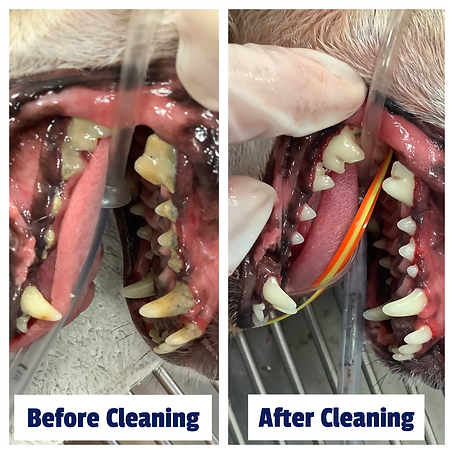
Frequently Asked Questions
How Often Should I Clean My Dog’s Teeth?
You should clean your dog’s teeth at least two to three times a week. Daily brushing is ideal for preventing dental issues. Regular cleaning reduces plaque build-up and keeps your dog’s breath fresh. Consult your vet for personalized recommendations based on your dog’s specific needs.
What Are The Benefits Of Dog Teeth Cleaning?
Regular teeth cleaning helps prevent dental diseases and bad breath. It can also reduce the risk of heart and kidney problems linked to poor dental health. Clean teeth contribute to your dog’s overall health and well-being. Additionally, it improves their quality of life and longevity.
Can I Use Human Toothpaste On My Dog?
No, human toothpaste is toxic to dogs. It contains ingredients like xylitol that can harm your pet. Instead, use toothpaste specifically formulated for dogs. These products are safe and come in flavors that appeal to your pet, making brushing easier.
How Can I Help My Dog Accept Teeth Cleaning?
Start by introducing the toothbrush and toothpaste gradually. Use positive reinforcement, like treats and praise, to create a positive association. Allow your dog to lick the toothpaste first. Gradually incorporate brushing into your routine to make it a comfortable experience for your pet.
Conclusion
Regular dog teeth cleaning is essential for your pet’s health. It helps prevent bad breath and dental problems. Healthy teeth lead to a happier dog. Make brushing a routine. Use dog-friendly toothpaste and tools. Consider dental chews for extra cleaning.
Regular vet check-ups are important too. They can spot issues early. A clean mouth can improve your dog’s quality of life. Take care of your dog’s teeth, and they will thank you with joy and love. Keep your furry friend healthy and happy.
Start today!
